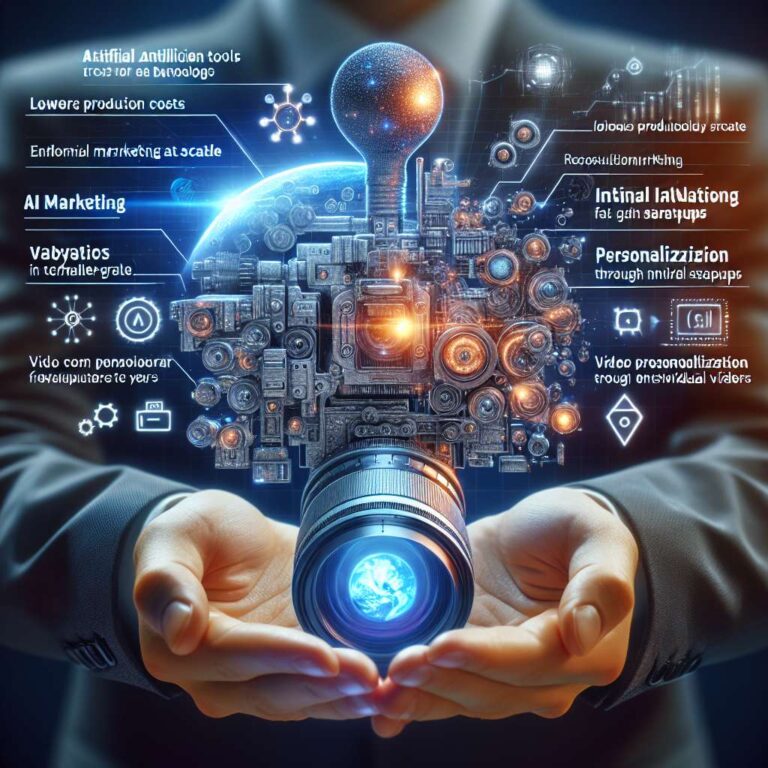Artificial intelligence video technology is rapidly transforming the way businesses approach content creation, communication, and customer engagement. The adoption of machine learning-driven tools in video production enables companies to generate high-quality videos with remarkable efficiency, slashing production costs and turnaround times. This democratization of professional-grade video content allows even small enterprises to compete with larger rivals, bridging gaps previously set by budget or resource limitations.
One of the most significant impacts of artificial intelligence in this sector is on marketing strategies. Businesses are now able to deliver personalized video campaigns at scale, leveraging vast troves of customer data to customize content for individual viewers. This results in higher engagement and conversion rates, as messaging becomes deeply relevant and timely. Additionally, artificial intelligence-powered platforms automate the creation and optimization of video ads, ensuring they perform well across diverse digital platforms and are fine-tuned through real-time analytics. Enhanced SEO, targeted social media presence, and automated production cycles are all direct byproducts of these solutions, boosting overall marketing efficiency and return on investment.
The technology’s influence extends into operational realms as well. Artificial intelligence video generators facilitate seamless onboarding and training by producing clear, visually engaging tutorials and instructionals that can be easily updated or localized. Customer support operations benefit through tailored walkthroughs and troubleshooting videos, lightening the load on human representatives and improving user experience. Sales teams also harness dynamic video presentations to craft compelling, personalized pitches that outperform traditional methods. Interactive features—such as clickable elements and adaptive content—further bolster customer engagement, allowing businesses to respond instantly to viewer interests and behavior.
Despite these remarkable advantages, challenges remain. While artificial intelligence automates much of the creative process, the human element of storytelling and creative decision-making remains crucial to avoid generic or uninspired results. Concerns around data privacy and ethical use of generated content require careful navigation to maintain consumer trust. Nevertheless, as artificial intelligence video technology matures, its role as an engine for business growth appears indispensable. For companies aiming to thrive in a highly competitive digital economy, investing in these tools is quickly shifting from optional to essential.

